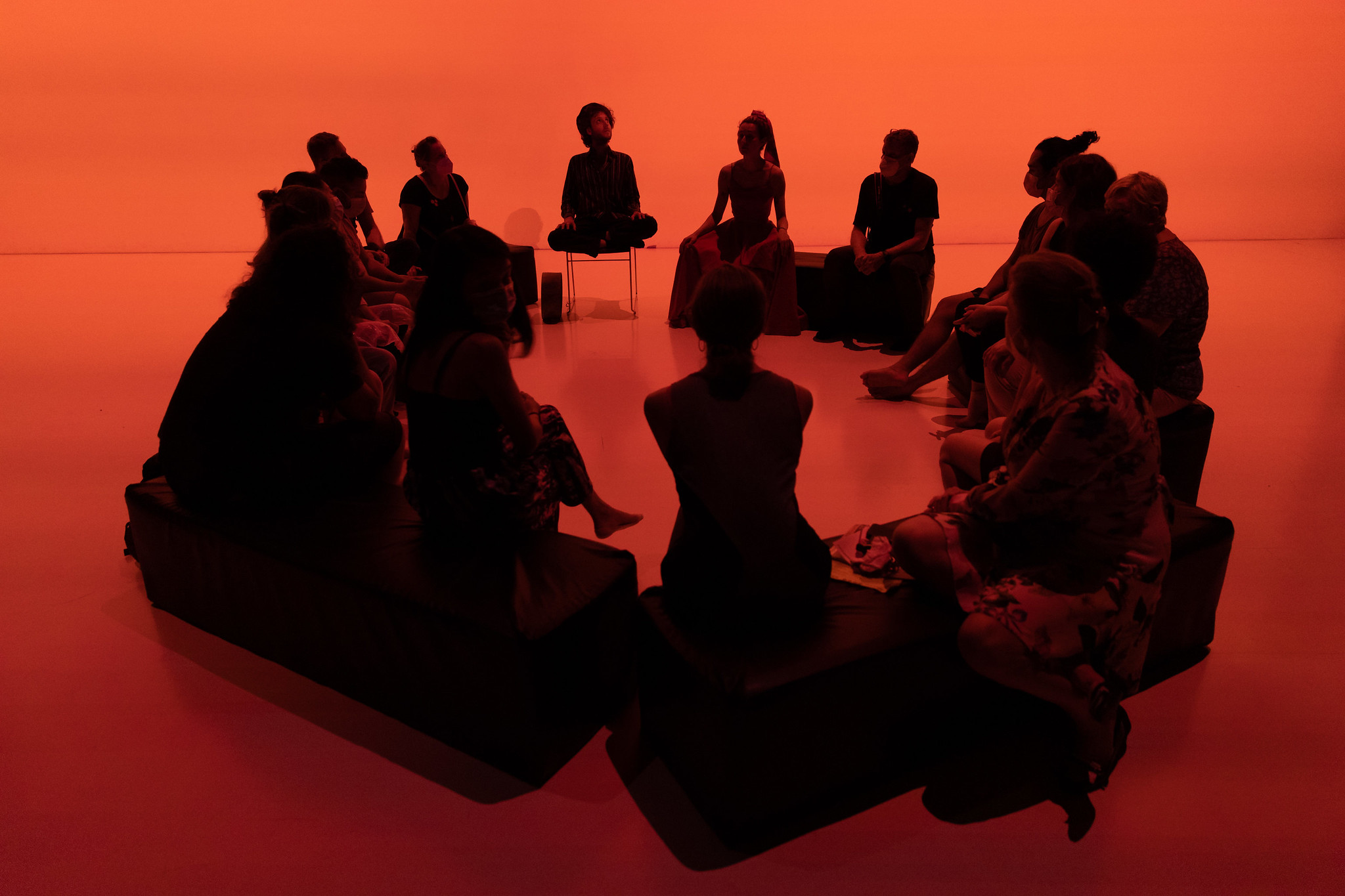What is the role of art festivals like Ars Electronica? What do they have to do and for whom? For good reason, the vast majority of answers to these questions focus on the audience. However, another key target group is often overlooked: the artists themselves.
Festivals are all about communication. They create space and time to meet and get to know other people. They celebrate diversity and commonality, they connect the past and the future, they want to inspire reflection and simply be fun. Festivals bring us closer together and inspire hope.
Since 1979, Ars Electronica has been presenting and staging projects, initiatives and prototypes at the interface of art, technology and society in order to inspire people from all over the world and to promote change. Year after year, we identify current topics, curate content, develop stories, designs and formats. As a publicly funded art and culture festival, we address the broadest possible audience – because we want to make a difference and be relevant with what we do.
But being a festival means more than just presenting projects, communicating content and discussing topics. A festival like Ars Electronica must not only focus on its visitors – the general public – but must also see artists themselves as a central target group.
Creating opportunities
Festivals should create opportunities – this applies in particular to the participating (but also all other) artists themselves. “We have ongoing discussions with artists and try to incorporate their needs into the design of the festival,” says Veronika Liebl, Managing Director of the Festival/Prix/Exhibitions division at Ars Electronica. “This exchange is part of our ongoing reflection on the role a festival like Ars Electronica must play.” In order to be justifiably considered an investment in the further development of our society, Ars Electronica must have an impact on many different levels: “In terms of artists, this means not only creating visibility for their results, but also promoting their work and development in the best possible way.”
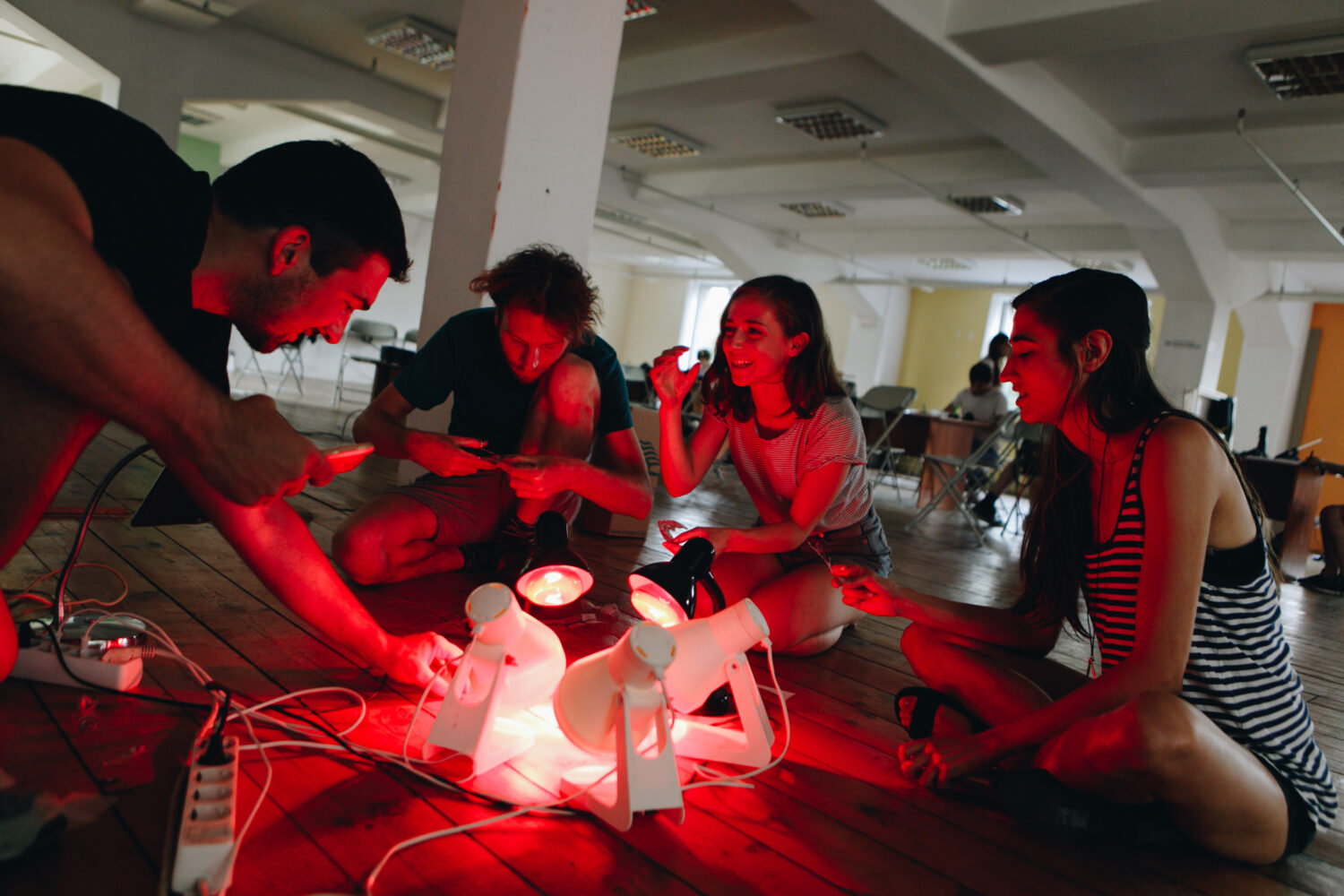
Creating networks and initiating projects
Art festivals are a stage, forum and marketplace for creatives, art fans, curators, gallery operators, cooperation partners and potential buyers. “As Europe’s largest festival for art, technology and society, Ars Electronica is a fixed date for players from all over the world and from very different areas of society,” says Veronika Liebl. “Year after year, we welcome embassy delegations, organize focus tours and workshops for researchers and developers from business and industry, hold networking meetings for curators and organize get-togethers for funding bodies and foundations.”
As part of the pre-opening of this year’s Ars Electronica, for example, there will be a reception dedicated entirely to cultural heritage. “First there will be a presentation open to the public in Deep Space 8K, where we will show a 3D model of Notre-Dame, a gigapixel image of Vittore Carpaccio’s “Young Knight” and a point cloud of St. Mary’s Cathedral in Linz. Afterwards, we will invite ambassadors from several countries, directors, curators and art historians from international museums, developers from start-ups and sponsors to a get-together to talk about current projects and develop ideas for joint projects.”
The Swiss Arts Council Pro Helvetia is also hosting a get-together at Ars Electronica to connect curators and artists. “As Ars Electronica brings together artists from all over the world, an informal exchange is very much in demand. In a relaxed atmosphere, you can meet people who have a lot in common, but who also think and feel very differently because they belong to a different culture, live and work in a different part of the world or are confronted with completely different challenges.”
While the general public often experiences the festival and its program as the (end) product of creative processes, it should be the other way around for artists. “Ideally, the festival becomes a catalyst for artists’ work,” says Veronika Liebl. “It should mark the starting point for their next projects.”

Getting feedback
Located between art, technology and society and with an international focus, a clear and simple definition of the Ars Electronica Festival is not so easy. “For me, the festival is the prototype of a platform that deals with questions about the future and aims to incorporate as many perspectives as possible,” says Veronika Liebl. The works presented here are experienced and commented on by creatives from all parts of the world, different disciplines, cultures and religions. This gives artists the opportunity to receive incredibly diverse feedback, which in turn promotes their artistic development. “It is as beautiful as it is ironic that at a time when the greatest promise of profit lies in predicting the next token, it is diversity and unpredictability that is becoming the greatest asset of Ars Electronica – and of art in general.”
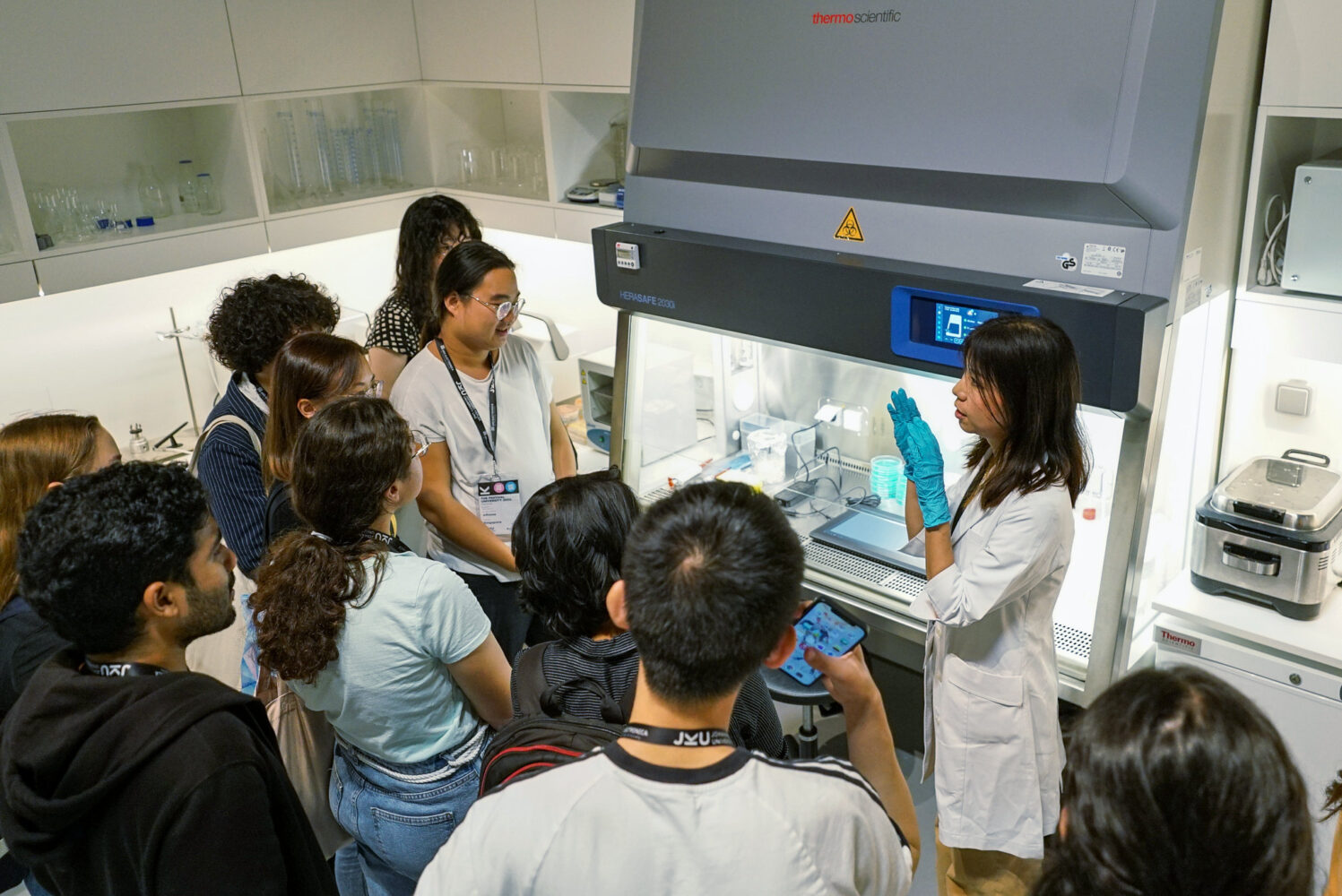
Experience community
The Ars Electronica Festival creates space for dialog, exchange of ideas and, last but not least, appreciation for new forms of artistic expression. “We want to promote a sense of community among artists,” says Veronika Liebl. “This is particularly important for media art, which is still a niche despite its relevance and topicality.” In 2024, Ars Electronica will therefore be offering more workshops, demos and artist talks than ever before, all of which will be realized together with artists for artists. The focus is on sharing experiences. “It’s about gaining insights into the creative work of others, learning about their problems and solutions and getting feedback on your own approaches.”
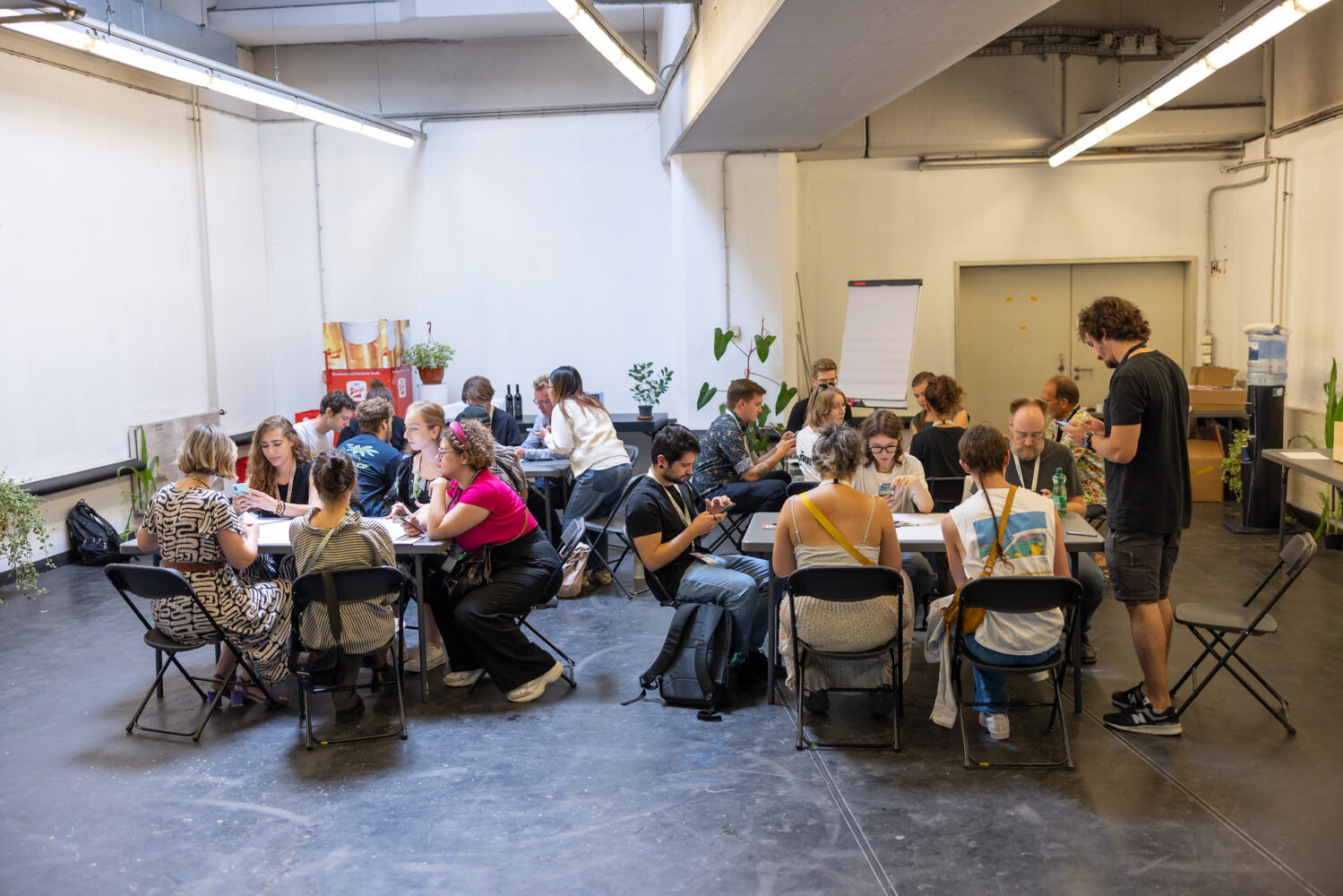
In 2024, there will be Town Hall meetings for the first time, which are aimed at artists but are also open to interested visitors. “We are planning one-hour sessions dedicated to specific topics and issues. The talks will always be introduced by Ars Electronica curators and developers, who will briefly outline the topic and their current activities before artists give an insight into their approaches and projects. This will be followed by an informal discussion.” The aim of the Town Hall Meetings is to promote exchange between artists and attract new discussion participants. “Participation is free and open to all”.
“We particularly want to support young, up-and-coming artists who are currently in a decisive phase of their artistic development and career,” says Veronika Liebl. “Together with the ‘Open Technology Lab’ – OTELO for short – we are opening a ‘Young Artist Space’ where young artists can meet established artists and find out how they have built their careers, what skills they have acquired and where, what networks and contacts they consider valuable, how to present themselves or how to draw up a business plan.”
Experience recognition
Participating in an art festival gives artists and their work visibility and subsequently recognition, which in turn determines the market value of these artists. “As the world’s leading festival for media art, we naturally want to have the established names of the scene in our program. At the same time, we invest time and effort in discovering promising young artists – not only as part of the festival, but above all in the form of the Prix Ars Electronica,” says Veronika Liebl. “We don’t want our festival to be a showcase for the stars, but rather to roll out the red carpet for the next generation of artists who want to contribute their ideas and visions.”
Nowhere is this more evident than at the Ars Electronica Award Ceremony. “On this evening, the stage belongs exclusively to the artists,” says Veronika Liebl. Originally the official award ceremony for the Prix Ars Electronica, a whole range of other prestigious prizes are now presented in addition to the Golden Nicas. “On behalf of the European Commission, we have been running the STARTS Prize since 2016 and the STARTS Africa Prize since 2024, together with the Austrian Foreign Ministry we present the Digital Humanity Award and organize the State of the ART(ist) competition. At the Ars Electronica Award Cremony, we invite all prizewinners to the stage to pay tribute to them and their projects.”
A new initiative is the Campus Award, which will be presented for the first time in 2024. “More than 40 art universities from all over the world will be present at this year’s Ars Electronica Festival and showcase projects by their students and teachers,” announces Veronika Liebl. “Each of these universities can nominate a project, and all nominated works will then be assessed and evaluated by an international jury. The winning project will receive the ‘Campus Award’, endowed with 2000 euros, and five Honorary Mentions will also be awarded. The students then receive their prizes – and recognition – at the Campus Award Ceremony.
Experimenting in and with the public
In contrast to museums, festivals can, may, indeed must be an experiment. “It is inscribed in Ars Electronica’s DNA that it takes place in and with the public,” says Veronika Liebl. “The history of the festival is characterized by going out and leaving the museum space behind, but not completely.” Currently, it is a disused postal distribution center that is transformed into a temporary oasis of imagination and creativity as part of the festival. “For us as organizers and curators, just like for the artists we work with, this naturally means uncertainty and risk: we have to get out of our comfort zone and get used to new spaces where different rules apply. We are forced – or have the freedom – to experiment, try out new things and hopefully develop together. This gives artists the unique opportunity to meet their audience much more directly.”

The best example of public experimentation is the Art Thinking Lounge. “Can art promote our social development and, if so, how can it become a catalyst for new social concepts? Questions like these form the starting point for the ‘Art Thinking Lounge’, which we developed together with Hakuhodo, says Veronika Liebl. The aim is to create a temporary space in which representatives from business, politics, administration, science and civil society can meet artists and open doors together. “After all, where and in what better setting could visions of the future sprout than in an industrial ruin awaiting the next evolution and revolution and a festival between art, technology and society?”
Experience a different world
What if? Despite all cynical objections, every vision of the future begins with this simple question. “This question is also central to art,” says Veronika Liebl. “Not only because it forms the intellectual starting point for artistic creation, but also because it marks the beginning of a dialog with the public.” What if? “Artists like Time’s Up are masters at establishing this dialog. Their artworks are scenarios or, even better, cosmos that you enter in order to lose yourself in them – mentally and emotionally,” enthuses Veronika Liebl. “They enable us to break out of our everyday thinking and imagine things for a moment that we would otherwise never allow ourselves to do – because they are unrealistic, don’t pay off or for some other good or actually bad reason.” An art festival must make precisely such experiences possible.
“A festival like Ars Electronica is an event,” says Veronika Liebl. “It is a fleeting world that follows its own rhythm and has its own atmosphere, cultivates its own rituals and dares to experiment – a world in which anything is possible as long as everyone who populates this world wants to find their place and experience appreciation.” This applies not only to visitors, but also and above all to those who fill this world with life: Artists.
The Ars Electronica Festival 2024 will take place in Linz from September 4 to 8 under the theme “HOPE – who will turn the tide”. Tickets are available here.
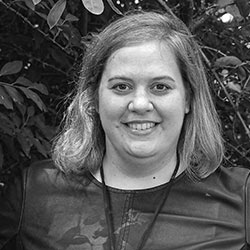
Veronika Liebl
Veronika Liebl is currently Director of European Cooperation at Ars Electronica and Managing Director of its department Festival/Prix/Exhibitions. She studied economic and business science at Johannes Kepler University in Linz (graduated in 2010) with study visits at Harvard University (US) and Université de Fribourg (CH) and has an interdisciplinary background in non-profit and innovation management. Since 2011 she is in charge of cultural management and European project development at Ars Electronica Linz and serves as a member for the Linz’ city culture council, Linz UNESCO City of Media Arts’ executive board and the Content Innovation Council of the Frankfurt Book Fair’s program ARTS+. Since more than 10 years, she is engaged in programming and producing collaborative programs with partners from arts, science and industry. She leads Ars Electronica’s European collaboration projects in the field of culture, research & education and developed, launched as well as executed in this position – together with her team – numerous EU projects such as the STARTS Prize or the European ARTificial Intelligence Lab.
